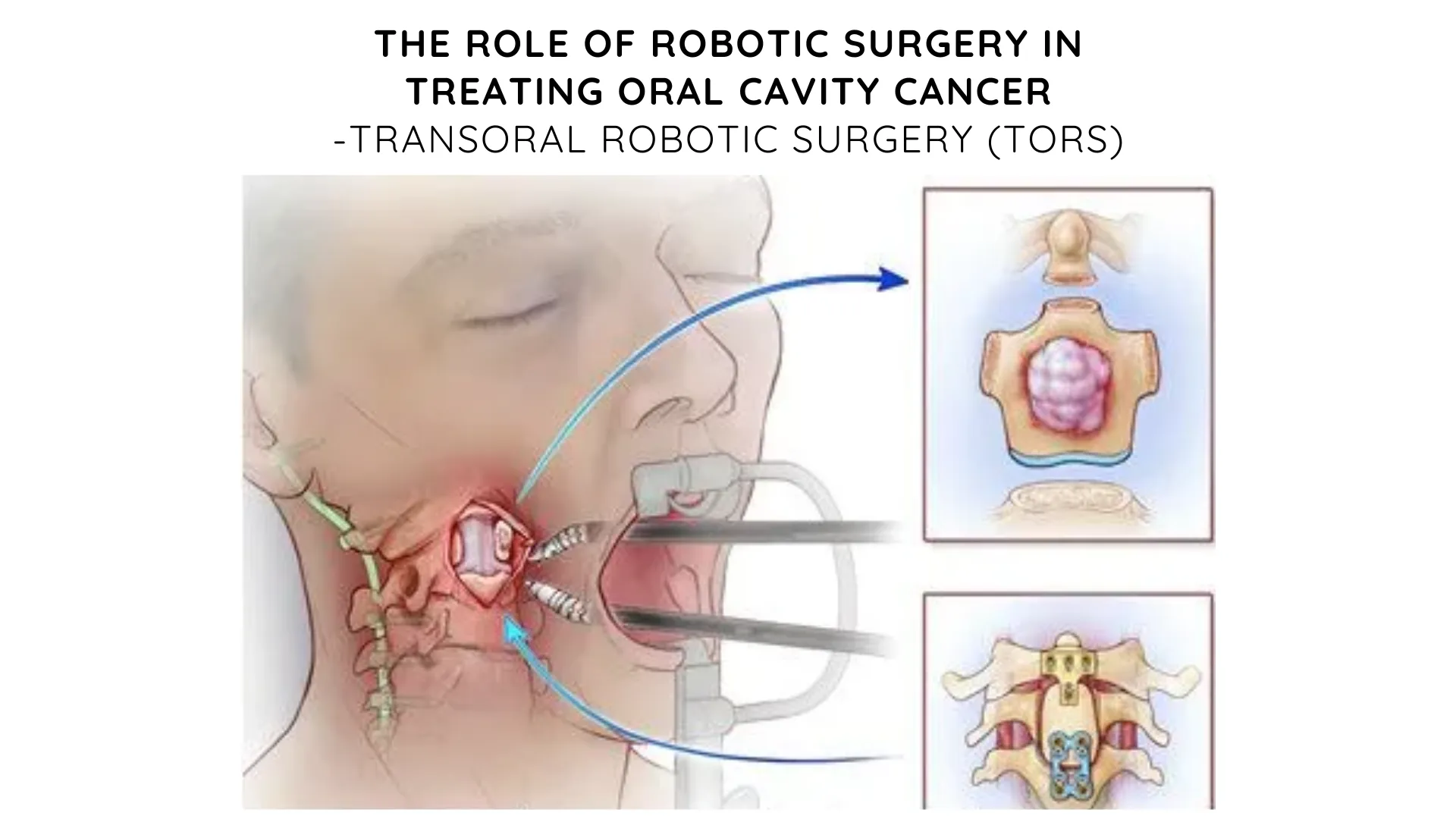Thyroid cancer is a concerning diagnosis for anyone, but it’s essential to understand that it can often be treated successfully. In this comprehensive guide.
We will explore the various aspects of thyroid cancer treatment and provide the information you need to make informed decisions, find hope, and navigate your journey toward recovery.
From understanding treatment options to learning about success rates and seeking support, we’ve got you covered.
What is Thyroid Cancer?
Thyroid cancer originates in the cells of the thyroid gland, a butterfly-shaped organ located in the front of the neck. Different types of thyroid cancer include papillary, follicular, medullary, and anaplastic.
While the exact causes of thyroid cancer are not fully understood, certain risk factors, such as exposure to radiation, family history, and certain genetic conditions, may increase the likelihood of developing the disease. Early detection through regular check-ups and screenings is crucial for improving treatment outcomes.
Thyroid Cancer Treatment Options
Surgery
Surgery, specifically thyroidectomy (partial or total thyroid gland removal), is often the primary treatment for thyroid cancer. This procedure involves removing the affected portion of the thyroid or the entire gland.
The recovery period varies depending on the extent of the surgery, but most patients resume their normal activities within a few weeks. It’s important to note that, like any surgery, there are potential complications associated with thyroidectomy, such as temporary or permanent changes in voice quality or calcium metabolism.
Radiation Therapy
Radiation therapy is sometimes used to target and destroy cancer cells in the thyroid gland. External beam radiation therapy and radioactive iodine therapy are two common types of radiation therapy used for thyroid cancer. While radiation therapy can be effective, it may also cause side effects such as fatigue, skin changes, and dry mouth. Your doctor will discuss radiation therapy’s potential benefits and risks before recommending this treatment option.
Radioactive Iodine (RAI) Therapy
Radioactive iodine therapy, or RAI therapy, is often used after surgery to eliminate any remaining thyroid tissue or cancer cells. This treatment involves taking a pill or receiving an injection of radioactive iodine, which is selectively absorbed by thyroid cells.
Following RAI therapy, patients may need to follow a low-iodine diet and avoid close contact with others for a certain period to minimise radiation exposure. Regular follow-up and monitoring are essential to ensure the success of RAI therapy.
Targeted Therapy and Chemotherapy
Targeted therapy and chemotherapy may sometimes be recommended to treat advanced or recurrent thyroid cancer. These treatments aim to inhibit the growth of cancer cells and improve overall outcomes.
However, it’s important to note that these therapies may cause side effects, and their use depends on specific factors such as the type of thyroid cancer and individual patient characteristics. Your doctor will determine the most suitable treatment plan for your unique situation.
Also, Read- is thyroid cancer deadly
Success Rates and Prognosis
Stage and Prognosis
Thyroid cancer is staged based on the size of the tumour, lymph node involvement, and whether it has spread to other parts of the body. The prognosis and survival rates vary depending on the stage at diagnosis. Generally, the earlier the stage, the better the prognosis.
It’s important to remember that survival rates are statistical estimates and cannot predict an individual’s response to treatment or long-term outcomes. Your Thyroid cancer doctor in Mumbai will provide you with personalised information based on your specific case.
Factors Influencing Treatment Success
Several factors can influence the success of thyroid cancer treatment. Age and gender have been found to impact outcomes, with younger and female genders associated with a more favourable prognosis.
Additionally, the histological subtype of thyroid cancer plays a role, with papillary and follicular subtypes generally having better outcomes than medullary or anaplastic subtypes. The extent of the disease, as determined by staging, also affects treatment success. Your doctor will consider these factors when developing your treatment plan.
Survivor Stories
Hearing stories from individuals who have successfully battled thyroid cancer can provide inspiration and hope. Many people have overcome this disease and gone on to live fulfilling lives.
Their stories highlight the importance of early detection of Thyroid cancer, timely treatment, and a positive mindset. While each journey is unique, knowing that others have faced and conquered thyroid cancer can encourage you during your treatment.
Also Read- Late-stage thyroid cancer survival rate
Support and Coping
Seeking Emotional Support
A thyroid cancer diagnosis can have a significant emotional impact. It’s essential to seek support from loved ones, join support groups, and consider counselling services to help manage the emotional challenges that may arise. Connecting with others who have experienced a similar journey can provide valuable insight, empathy, and encouragement.
Navigating Treatment Challenges
Thyroid cancer treatment may come with its own set of challenges and side effects. Communicating openly with oncologists about any concerns or difficulties you may encounter is essential.
They can provide guidance and support in managing side effects such as fatigue, hair loss, weight changes, and mood changes. Additionally, healthy lifestyle habits, including regular exercise, a balanced diet, and stress management techniques, can improve your overall well-being during treatment.
Maintaining Overall Well-being
Taking care of your overall well-being is crucial when navigating thyroid cancer. Prioritising self-care activities, such as getting enough rest, engaging in enjoyable hobbies, and practising relaxation techniques, can help reduce stress and promote a positive mindset.
It’s also essential to stay informed about your treatment plan, ask questions, and actively participate in your healthcare decisions. Empower yourself by educating yourself about thyroid cancer and the resources available.
Must Watch This Video
Follow-up Care and Living Beyond Thyroid Cancer
Follow-up Care
After completing treatment for thyroid cancer, regular follow-up appointments with oncologists are essential. These appointments allow your doctor to monitor your progress, check for any signs of recurrence, and address any concerns or questions you may have.
Follow-up care may include physical examinations, blood tests, imaging scans, and thyroid hormone level monitoring. Adhering to your follow-up schedule can help detect potential issues early and contribute to long-term health.
Making Informed Decisions
As a thyroid cancer survivor, you may face decisions regarding your ongoing treatment, such as using thyroid hormone replacement therapy or needing further monitoring. It’s essential to have open and honest conversations with oncologists, ask questions, and fully understand your options. Making informed decisions based on your circumstances and preferences is critical to maintaining your health and well-being.
Living Beyond Thyroid Cancer
Thyroid cancer may be a part of your life story, but it doesn’t define you. As you move forward, embrace the opportunity to live a fulfilling life. Focus on maintaining a healthy lifestyle, pursuing your goals and passions, and nurturing relationships.
Celebrate milestones and victories, both big and small, and continue supporting and inspiring others on a similar journey. Remember, you are not alone, and there is hope and resilience in the face of thyroid cancer.
Conclusion
Navigating thyroid cancer can be challenging, but it’s important to remember that successful treatment and positive outcomes are possible.
You can face this journey with confidence and resilience by understanding the different aspects of thyroid cancer, exploring treatment options, seeking support, and taking care of your overall well-being.
Remember, you are not alone in this fight, and a community of individuals and oncologists are ready to support and guide you. Stay informed, stay positive, and know you have the strength to overcome thyroid cancer and live a fulfilling life.






